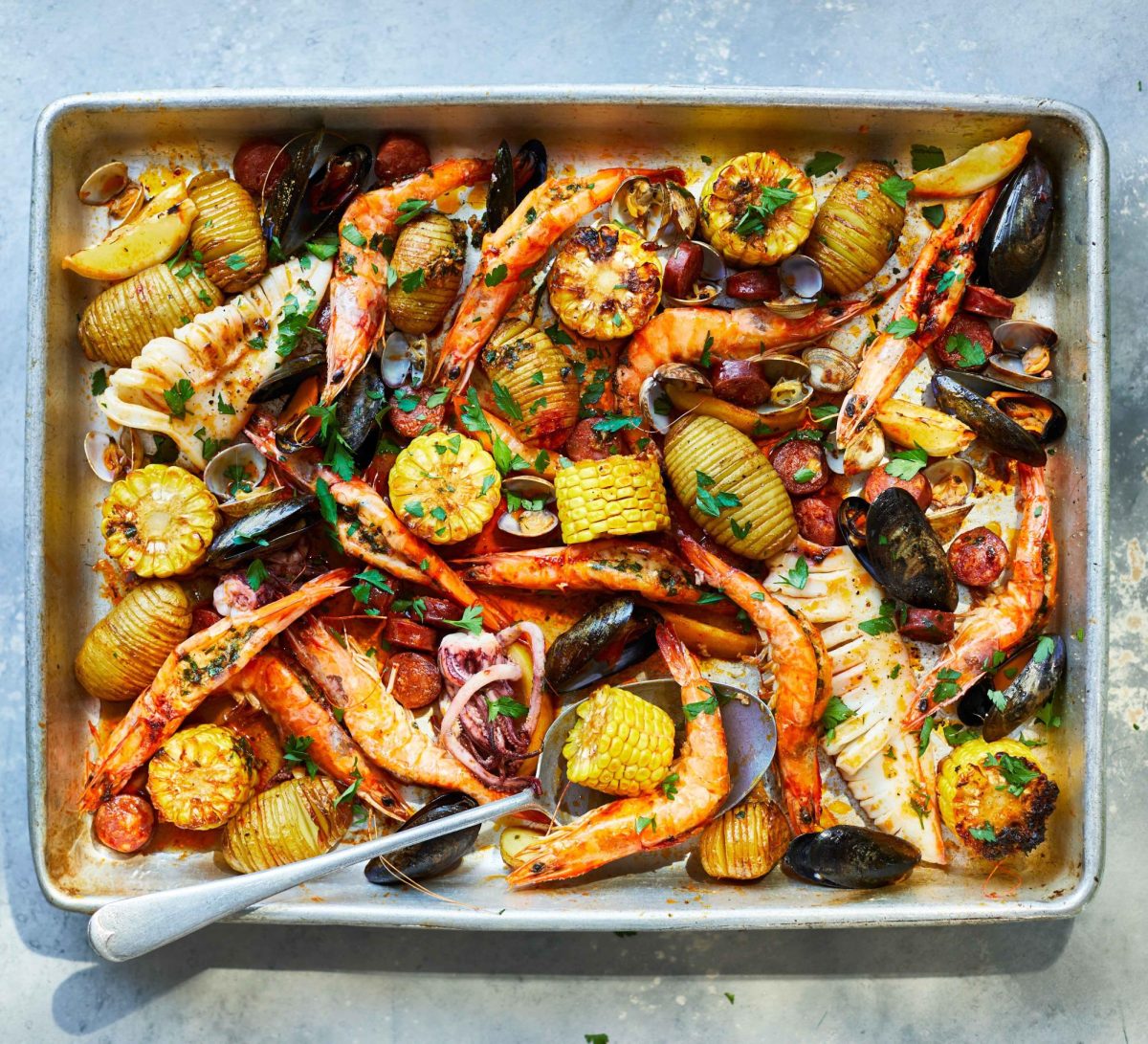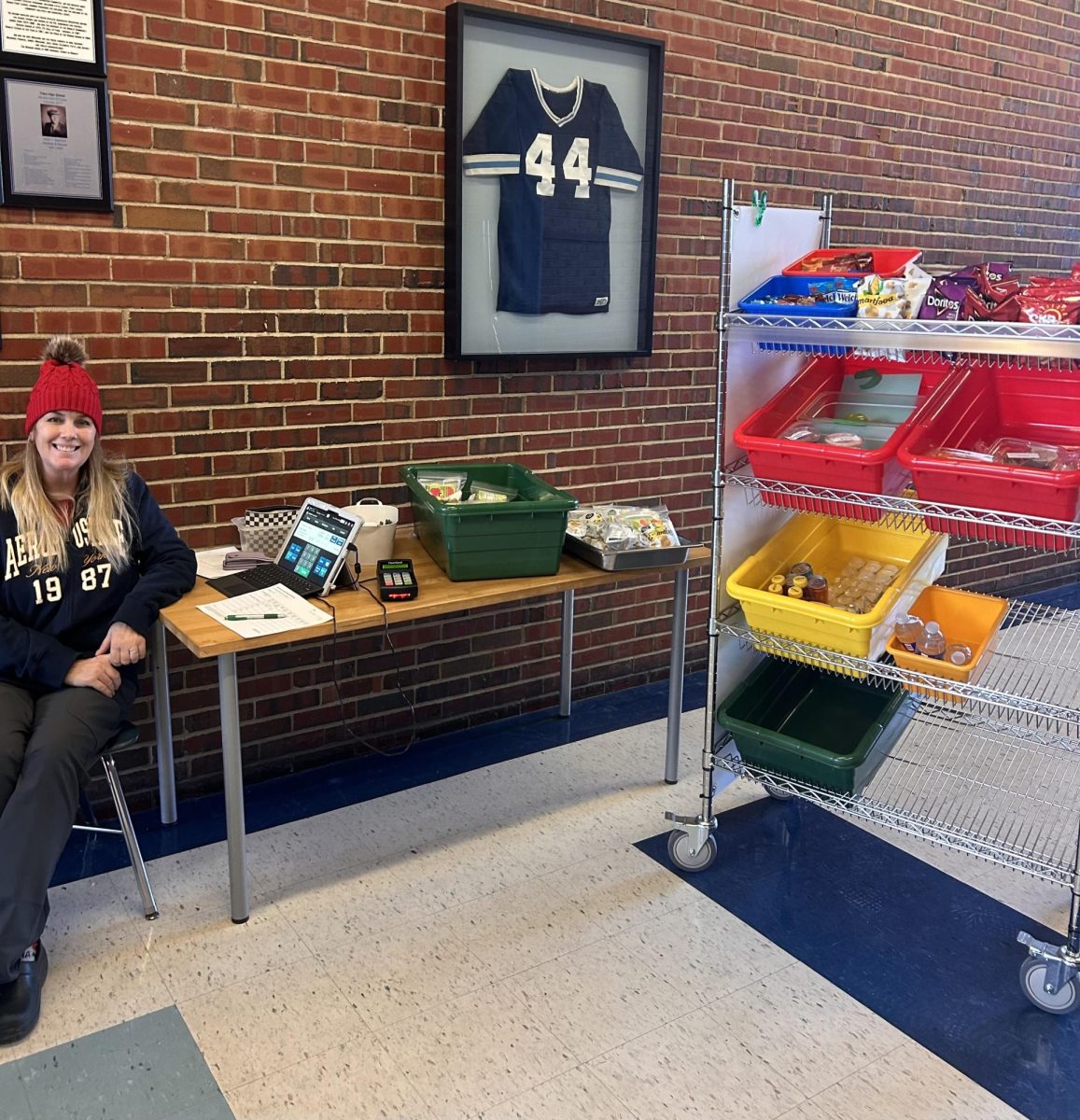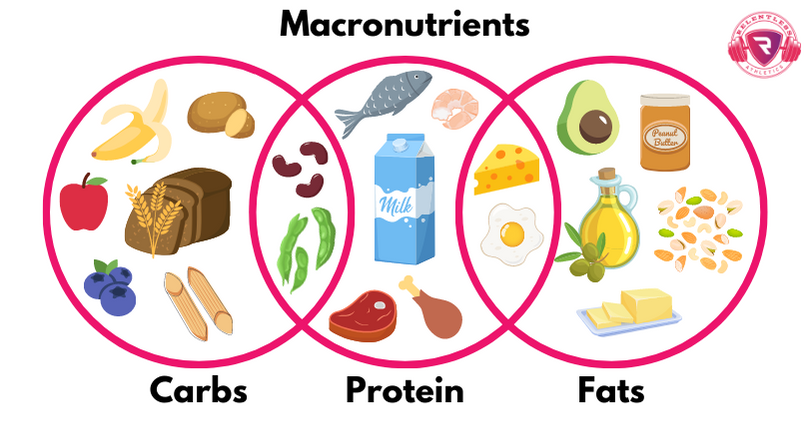Senior Ben Norton rushes through the door after an exhausting soccer game looking for something to fulfill his famished needs. What could be a quick, filling meal? he wonders, as he scatters through his cabinets.
What will be for dinner? Is mom going to cook? Do I even have time to cook? Unfortunately this is what many teens today are asking themselves after coming home from a tiring day.
“Although it’s not every night, games and practices or even homework may mean eating dinner much later or without the family,” says Norton.
Meals bring people together. Especially with families in modern society, the get together at dinner most families used to have is slowly going away. Busy schedules are a big reason for this. More homes have two parents employed and teenagers have school, work or extracurricular activities. This can all be pretty chaotic and having a sit down meal with your family takes time and effort. Even with families that still do it, it leaves most days with teenagers getting fast food or quick microwavable meals. This culture of quick food is limiting kids and teenagers ability to cook and is taking away a lifetime skill that we could all use.
Triton math teacher Irene Thompson has seen how many teens don’t know life skills, and she thinks teaching a class dedicated to life skills, like cooking, should be required of high school students.
“Generally, I think people eat out more frequently than when I was growing up. It was rare that my family would eat out and there were definitely less kids at restaurants then,” said Thompson. Dinner time has evolved drastically as families move away from the tradicional sit down dinner. Teens can learn a lot from cooking with family and recipes can be passed on to the next generation.
This new era of getting rid of cooking classes at Triton started coming into play after many schools got rid of their cooking classes. During the recession in 2008, schools, including Triton, couldn’t afford to run full classes dedicated to cooking and didn’t see the need to keep it over other “core” classes. There are many teens who do know how to cook for themselves, but for those who haven’t had the same opportunities a cooking class would be very beneficial.
Even kids who do cook often, have mixed feelings about it conflicting with their outside lives. Junior Andrew Balkus, has become pretty comfortable in the kitchen, but work has come in the way of his relationship with food.
“I’m not a fan of cooking for myself, I’d rather have a boxed meal over cooking good recipes,” said Balkus. This is partially because of his past working in a commercial restaurant kitchen and seeing how food is made. Balkus says that













